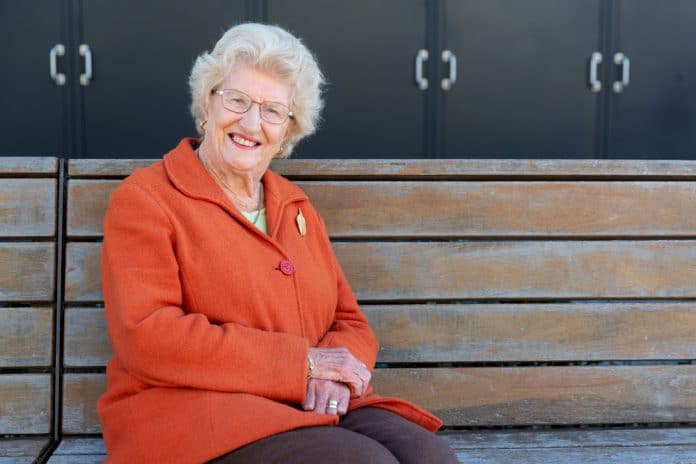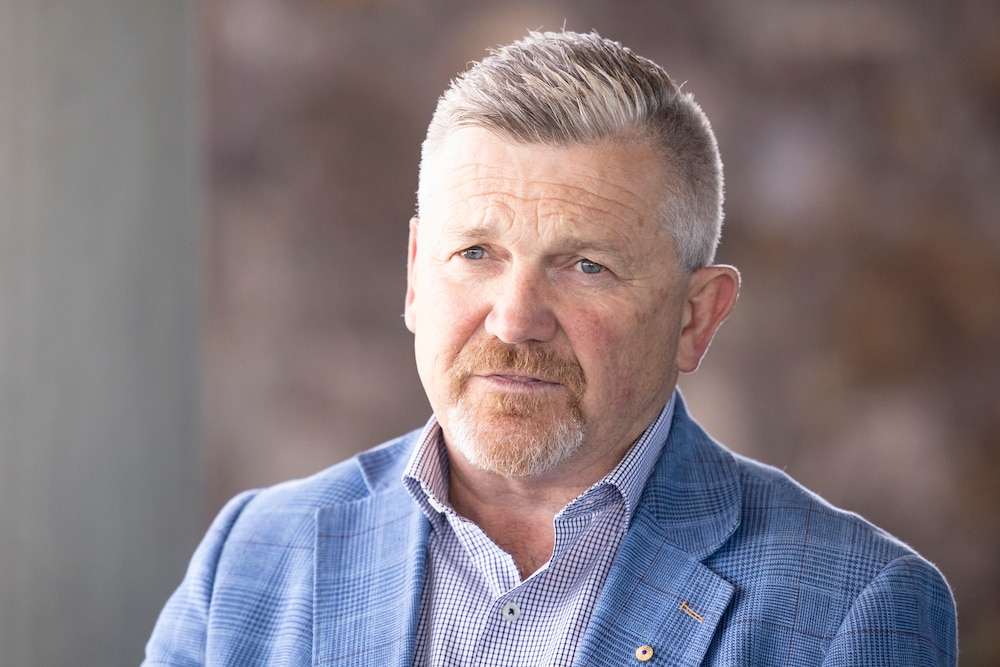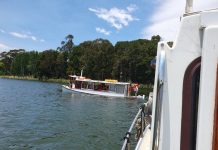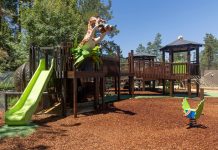
Canberra locals who have received Australian Honours are calling for more diversity in the Order of Australia awards to draw attention to the many worthy people who are serving the community.
Narelle Hargreaves OAM is passionate about more diversity and representation in the Order of Australia awards.
Recognised for her services to children and young people through her devoted work with the ACT Children’s Week Committee, as Official Visitor for Children, Young People and Disability, and her long career as a teacher, principal, and Director of ACT Government schools, Mrs Hargreaves joined the Order of Australia committee to help reflect the diversity and breadth of the community.
She said as the Queen’s Birthday 2021 Honours List announcement approaches, the ACT Order of Australia Association is concentrating on more diversity for the Medal of the Order of Australia because “we want to see more people recognised for the wonderful work they do”.
“It’s amazing what some people do in the community and it’s not as though it’s a one off,” she said.
“They probably don’t realise the things that they do is worthy of recognition Australia wide.”
The Association’s main focus is more nominations for women, people from Indigenous and multicultural communities and young people.
According to Mrs Hargreaves, since 1975, as per the 2019-20 annual report, 430 men had been recognised in the Medal of the Order of Australia compared to 105 women Australia-wide – a ratio of more than four males awarded to each female recipient.
In the Australia Day Honours this year, out of the 14 Canberrans who received a Medal of the Order of Australia, six were women, while for the 10 locals who received a Member of the Order of Australia, four were women.
While there is a growing trend towards gender parity each year, Mrs Hargreaves said the Order of Australia committee finds for the more general community awards, “there seems to be a lack of more women, particularly, and certainly a lack of Indigenous people”.
“I find that sometimes a bit difficult to understand,” she said.
Representing Indigenous Australians
Scott Saddler AM believes that for more Indigenous Australians to be nominated for Order of Australia awards, the application process needs to be made more accessible.
Mr Saddler is a Wiradjuri man and has been a long-term mentor for Aboriginal and Torres Strait Islander people. He was appointed a Member of the Order of Australia in 2020 for his significant service to public administration, as well as his work as a supporter and mentor of Indigenous youth.
According to Mr Saddler, there is not enough representation in the awards for First Nations people, particularly Indigenous women.

Scott Saddler AM would like to see more representation of Indigenous people in the Order of Australia awards
“I think more Aboriginal women need to be nominated because there are so many good things that are happening out there in small, remote villages across Australia.”
He said one of the main issues affecting the diversity of the Awards is those living in remote communities have difficultly accessing the resources needed to nominate community members doing great things.
“The nominations aren’t easy to do, it’s a long and protracted thing to put together,” he said.
“I’m talking to Government House about making things a little easier so that more Aboriginal people will certainly get the application. It will make it easier for Aboriginal people to nominate Aboriginal people because small remote communities don’t tap into the Governor-Generals to nominate people for awards.”
Recognising young people
In 2016, Mrs Hargreaves received the Canberra Citizen of the Year award for her services to children and young people through her devoted work with the ACT Children’s Week Committee, as Official Visitor for Children, Young People and Disability.
Through her experience working with people of all ages, she believes school-goers through to people in their 40s deserve more national recognition for their contributions to the community.
“It’s generally much older people like I am who are recognised, and you think to yourself ‘wouldn’t it be nice if I’d got that while I was younger?’ but I am so grateful and humbled by it,” she said.
While the Order of Australia Association does have ACT Student Citizenship Awards for students and school groups for voluntary community service and demonstration of good citizenship, Mrs Hargreaves believes the main issue affecting nominations is people of all ages undervaluing themselves and the work they do.
“I think people keep on doing what they do, and they think ‘but there is nothing special about this’ … but it is special. They undervalue themselves,” she said.
“It’s amazing what these young people do as well as their schoolwork.”
For now, Mrs Hargreaves believes the best way to make the Awards more diverse is by spreading information through word of mouth.
“If you see something or hear something, take the opportunity to say, ‘you could have that award’,” she said.
Anyone can nominate any Australian for an award in the Order of Australia. If you know someone worthy, nominate them at https://www.gg.gov.au/
For more News:








